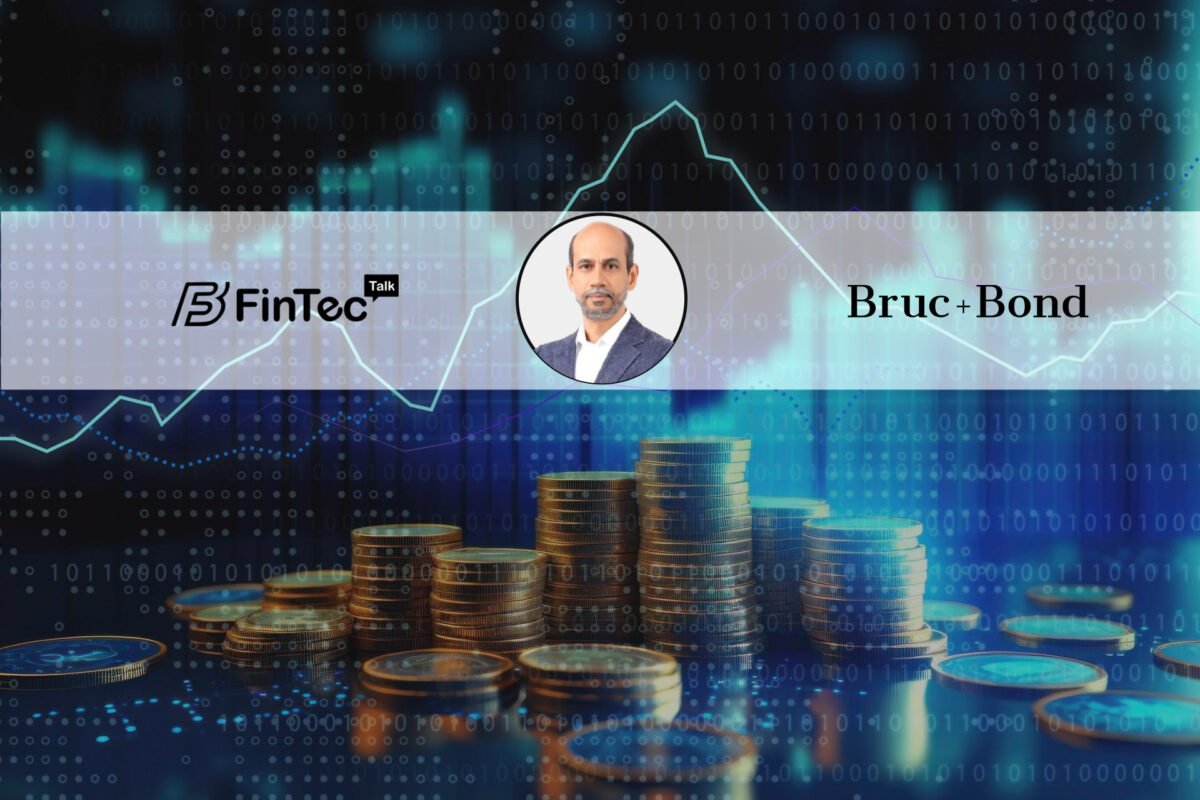Gain valuable insights on financial planning and maximizing benefits from a credit expert.
1. Dave, can you provide a brief overview of your professional journey in the realm of credit cards and loyalty programs, leading to the establishment of MilesTalk?
I’ve been using miles and credit card points since 2003 and had my first monetized credit card content in 2006. The credit card space changed significantly in the late 2000s and I took a break, returning in 2016. That was when the folks at South by Southwest asked me to host a “MeetUp” for miles and points. The session was oversubscribed and everyone kept asking where my blog was – so I got “back in the game.” At first it was a hobby, but within a few years, I realized that if I worked hard enough, I could make this my career- and I have.
At this point, the company has two distinct divisions: MilesTalk, which encompasses the MilesTalk blog, the paperback book “MilesTalk: How to Live Your Wildest Travel Dreams Using Miles and Points,” and the MilesTalk Facebook group. Then in 2018, I launched the first version of Your Best Credit Cards, a personalized site designed to help you find the best credit card for your own wants, needs, and spending patterns. We just relaunched it at the end of 2023, and it’s become the biggest part of the business.
I guess that is a long way of saying that I’ve been in the credit card space for quite a while!
2. How do you anticipate the recent act impacting credit card terms, including interest rates, fees, and reward structures, and how might these changes reshape consumer interactions with credit?
We can look to the Durbin Amendment of 2010 (which went into effect in 2011) for a glimpse into all of our futures if this passes. That amendment, which targeted debit card swiping costs, had a devastating impact on consumers. Rewards debit cards, plentiful at the time, have dwindled to a number I can count on one hand.
Billed as a win for consumers, this amendment actually only helped the retailers, reducing the average transaction cost for debit cards by almost 50%.
But guess what? Banks don’t (and won’t) accept earning less, so reduced revenue meant other cuts. Less access to free banking products for those who need it most thanks to higher account minimums to waive fees. It meant a rise in debit card fraud thanks to lower reinvestment in security. And, as mentioned, it killed debit card rewards.
So to answer more directly, you would expect credit card companies to raise annual fees, look for new fees, raise interest rates, and crush the rewards on credit cards that we have all come to love. Whether you use rewards like I do for free travel or if you just take 2% cash back, that is money we’ve all come to expect and would likely lose the lion’s share of.
Additionally, we’ve all become used to all those “ancillary card benefits” that you probably take for granted like Extended Warranty and car rental damage coverage. Expect a hacksaw to be taken to those benefits if the associated card revenue declines, especially if the issuing bank can no longer control what payment network is used.
Interestingly, it seems that American Express could come out a winner as, under the amendment, as both issuer and processor, they would be exempt from the second network requirement, as would Discover.
3. In your view, how does the act contribute to consumer empowerment and protection, particularly in addressing unfair practices and ensuring transparency in credit card transactions?
Not at all. It’s the merchant that would choose what network to run your card on and it’s the merchant that would save the money. We know from 2011 that these savings will not be passed on to the consumer. Research at the time showed that only 2% of retailers lowered prices at all while 98% left prices the same or even raised them.
4. Given your expertise in loyalty programs, how might the act influence credit card companies’ loyalty programs, and what advice do you have for consumers navigating these changes to maximise benefits?
It’s impossible to advise on how to navigate this at this time since we can’t predict precisely what would happen, but the most likely outcome would be a gutting of rewards for credit cards – both consumer and small business. This would also become a massive issue for airlines from whom the banks buy miles by the billions as the banks wouldn’t have as much runway with regard to what they could reasonably afford to pay for a mile. It could even result in caps on monthly rewards or reduced earning rates (think 0.5 miles per dollar). Nothing good…
5. How can consumers adapt their financial planning strategies in response to the act, ensuring they make informed decisions about credit usage? Any specific advice for a more proactive approach?
There’s really nothing to do to prepare. If the bill passes, we’ll have time during the phase-in to assess the best way to adjust.
6. Explore the potential impact of the act on consumers’ credit scores and share insights on how they can proactively manage their credit to mitigate any negative consequences.
I would not foresee any major impact on consumer’s credit scores. This would only impact how much retailers pay to swipe your card and the knock-on effects of that lost revenue for the banks. It’s possible that a number of cards become unattractive enough (with lowered rewards and higher fees) that consumers would close some of their cards, leading to a lower amount of total available credit and therefore a higher line utilization – which could negatively impact one’s credit score.
7. How do you anticipate credit card companies responding to the act, and what innovative approaches might they adopt to remain competitive while complying with the new regulations?
I think I’ve covered this above but, to recap, I would expect higher annual fees, higher ancillary fees, fewer included card benefits, and reduced rewards or cash back. I’m not sure what they would do to counter it as any enhancements cost money and that would be the entire reason the cards lose what they had.
8. Highlighting the importance of consumer education, how can informed consumers make better financial decisions, and what initiatives do you think are crucial to enhancing financial literacy in the context of the act?
The act really doesn’t have anything to do with consumers except for them having to reevaluate their card lineup once the banks finish making changes to adapt. Some cards may no longer make sense if the rewards are reduced and/or the annual fees are increased.
9. Considering the act’s potential influence, what thoughts can you share on how consumers should incorporate it into their long-term financial planning, and what considerations are paramount for a secure financial future?
There isn’t anything a consumer can do now to prepare for this – and there is a very good chance, in my opinion, that it won’t pass.
10. From a policy standpoint, what is your perspective on the act’s effectiveness, and are there any areas you see as potential gaps or opportunities for improvement? What role can advocacy play in shaping credit-related policies?
I didn’t consider the Durbin Amendment for debit cards to be a success, and I believe this would be the same for all the reasons above. It would help retailers at the expense of the average consumer (higher fees and reduced rewards and card benefits).
I would let the free market do its thing. I think that as digital payments evolve, costs are likely to naturally come down anyway, but through competition born of innovation, not regulation.
Stay Ahead of the Financial Curve with Our Latest Fintech News Updates!




